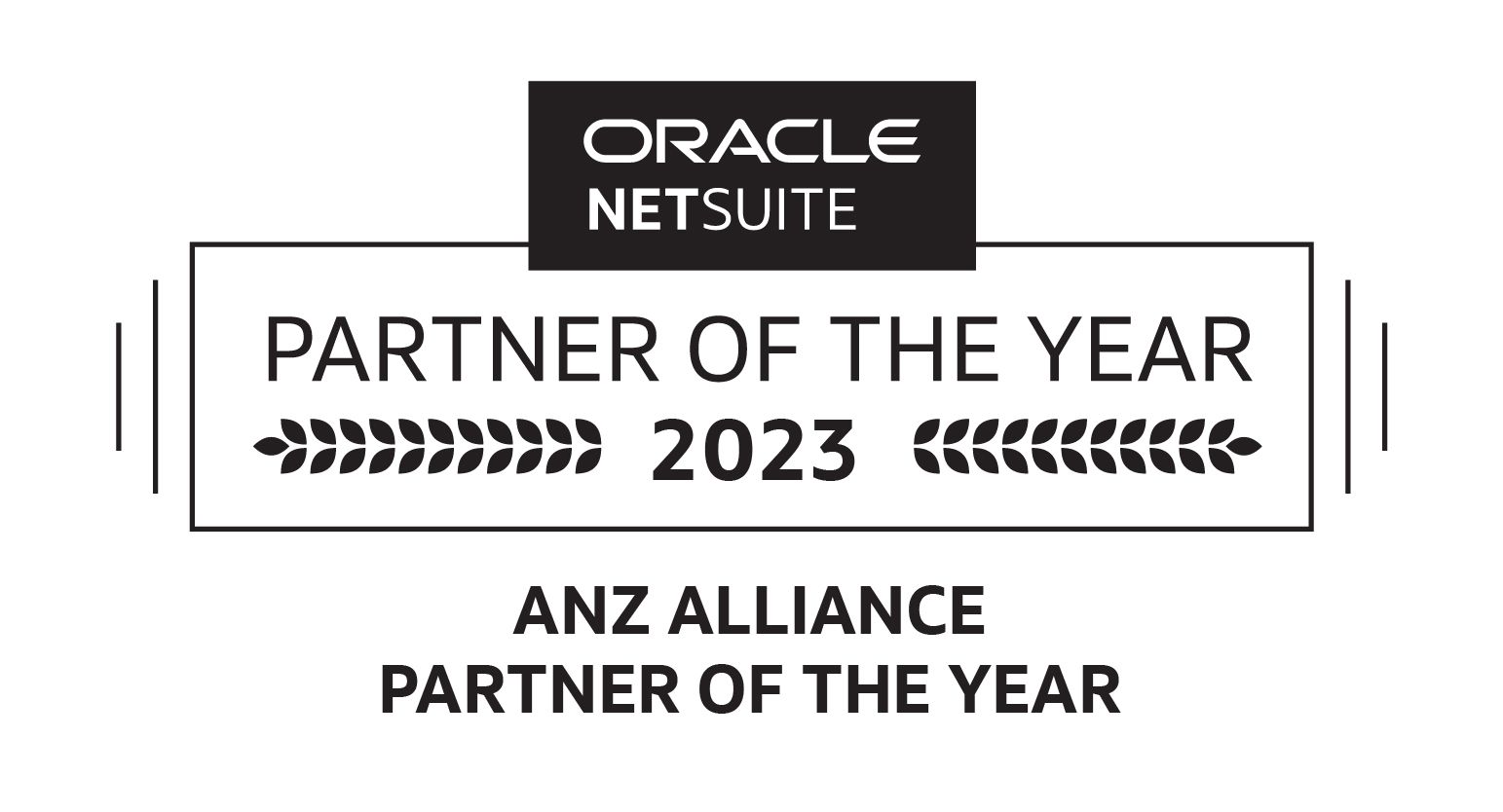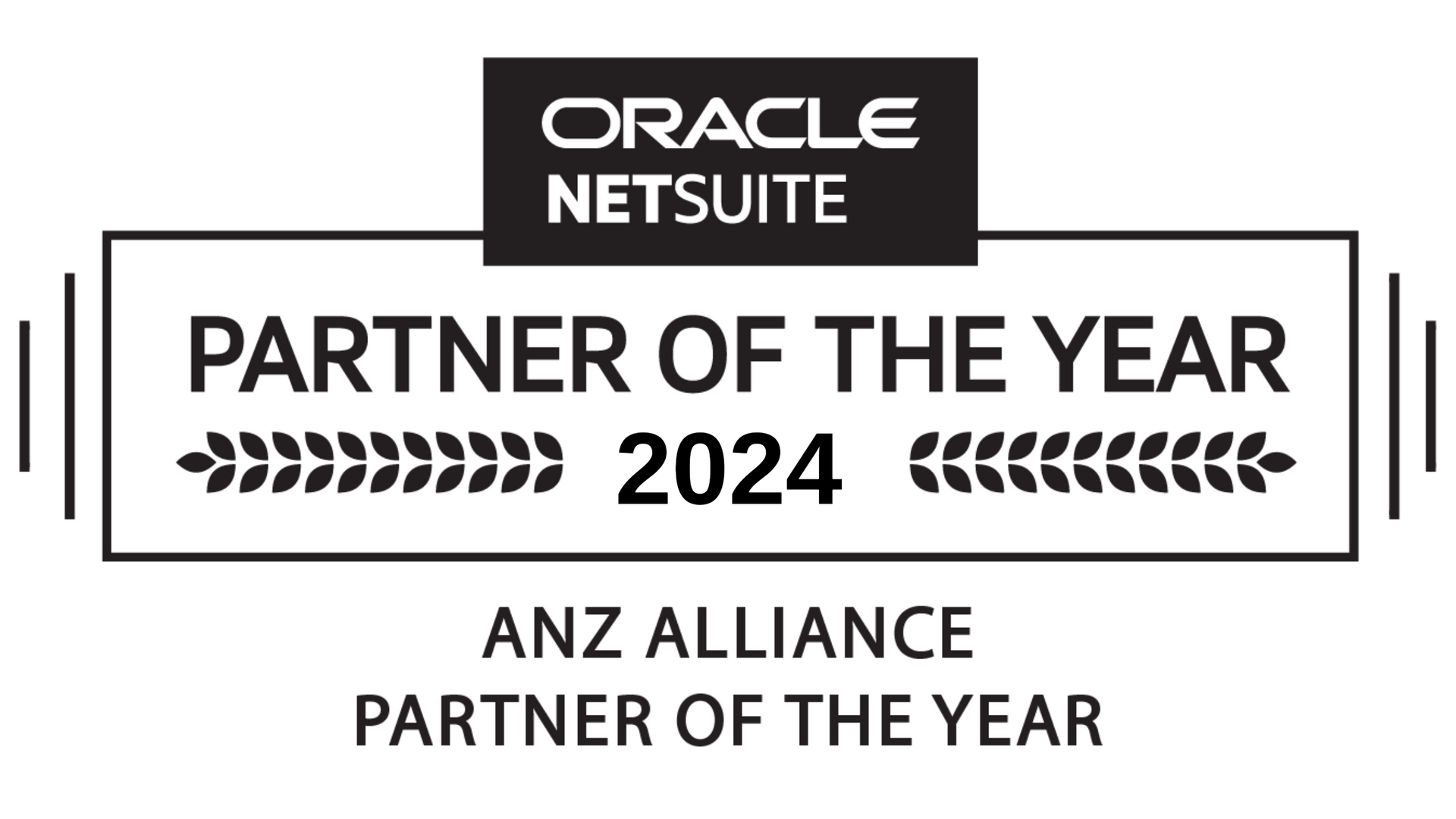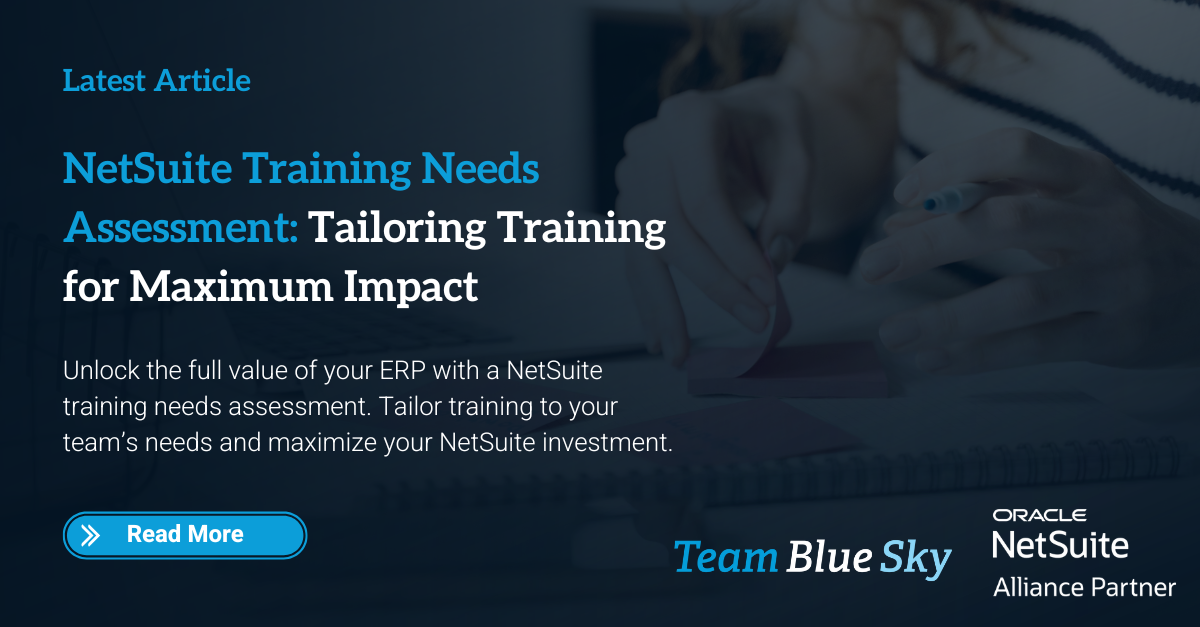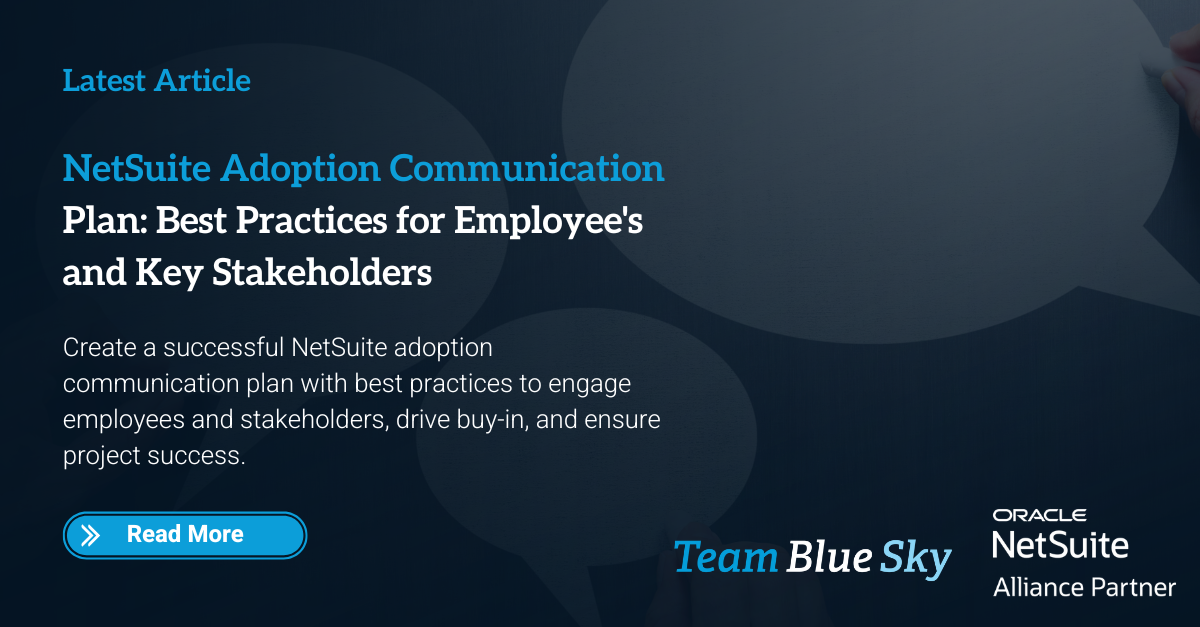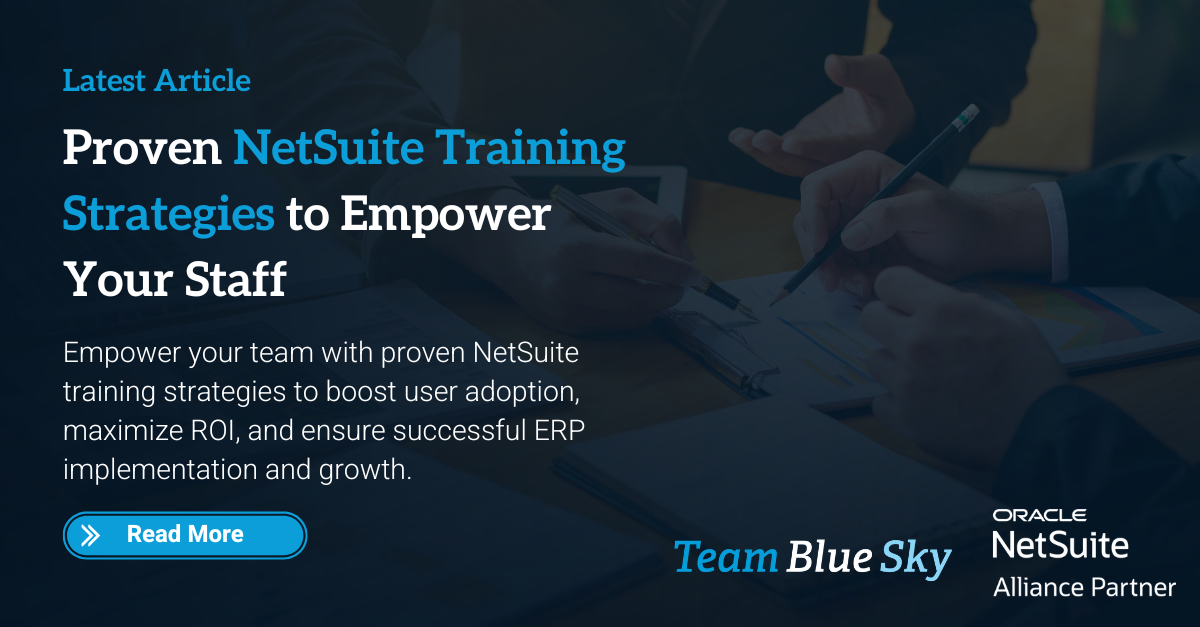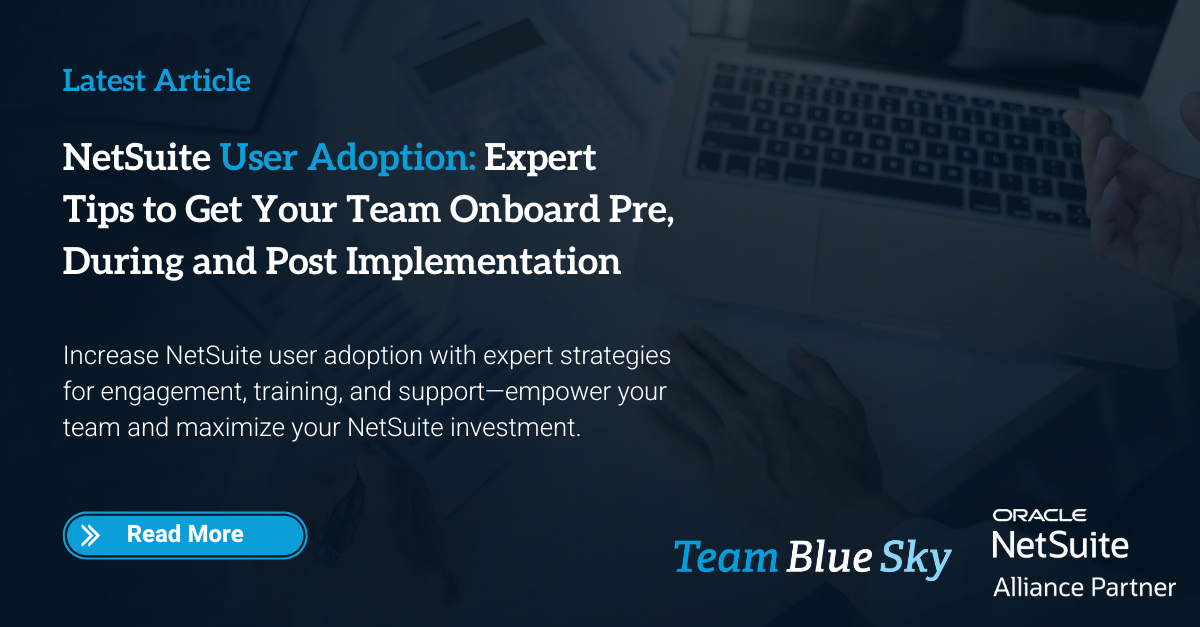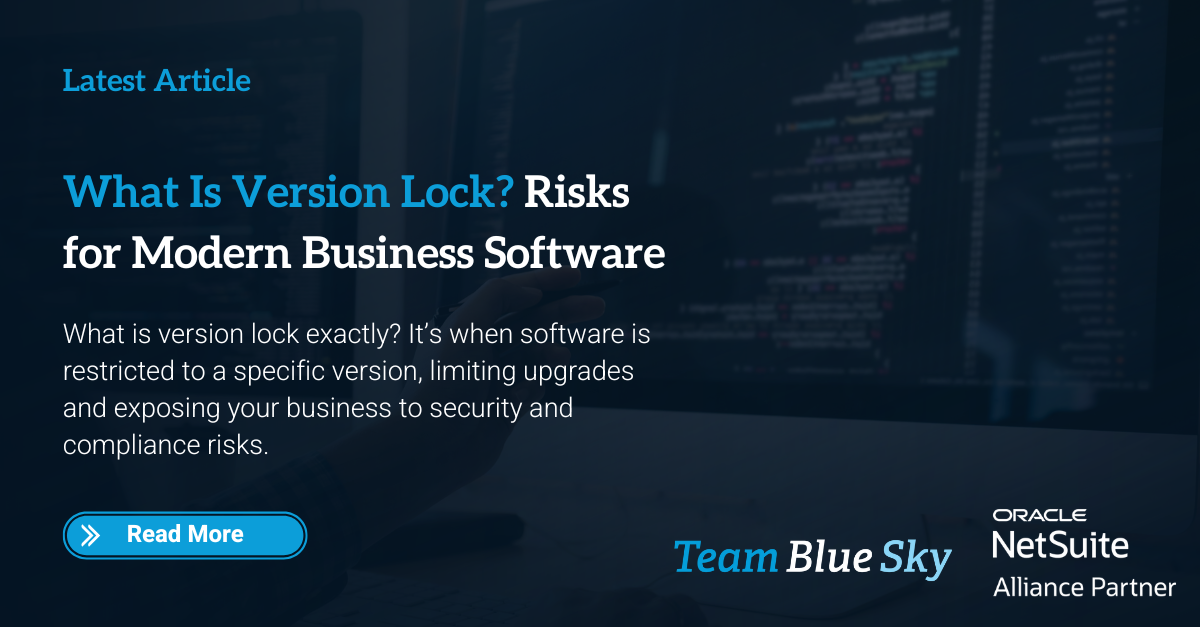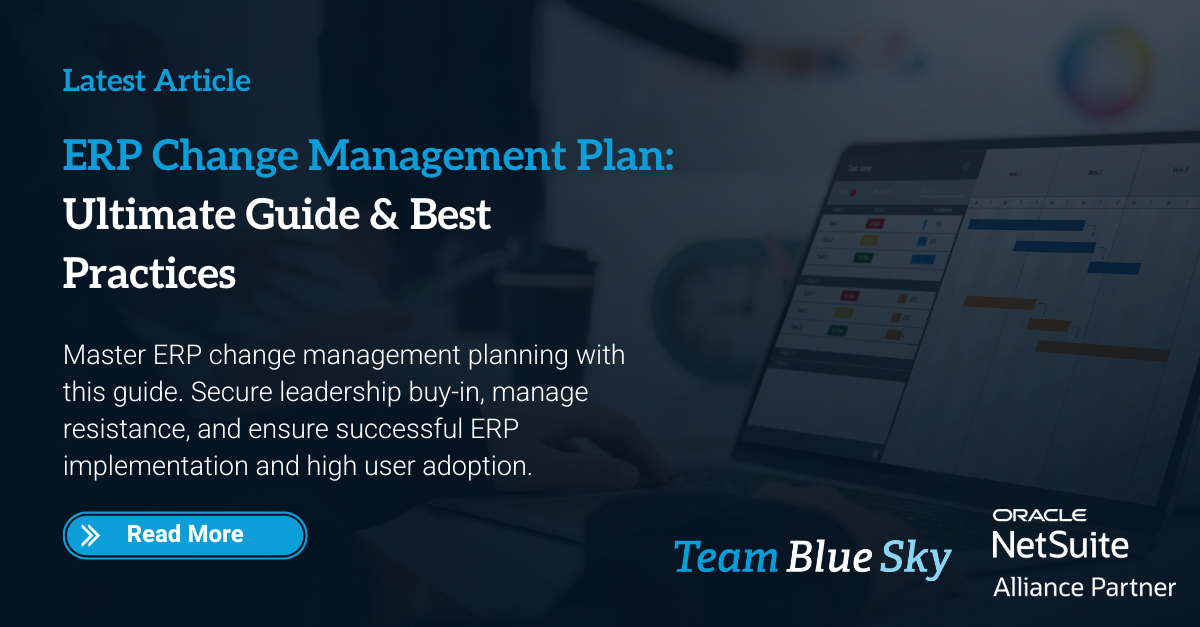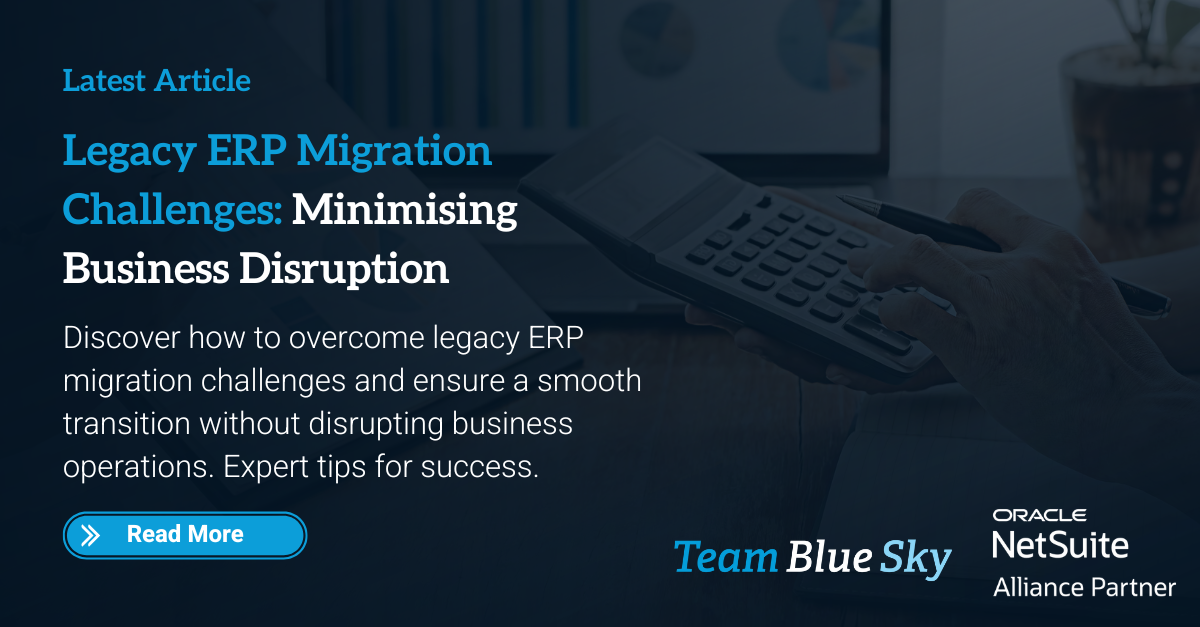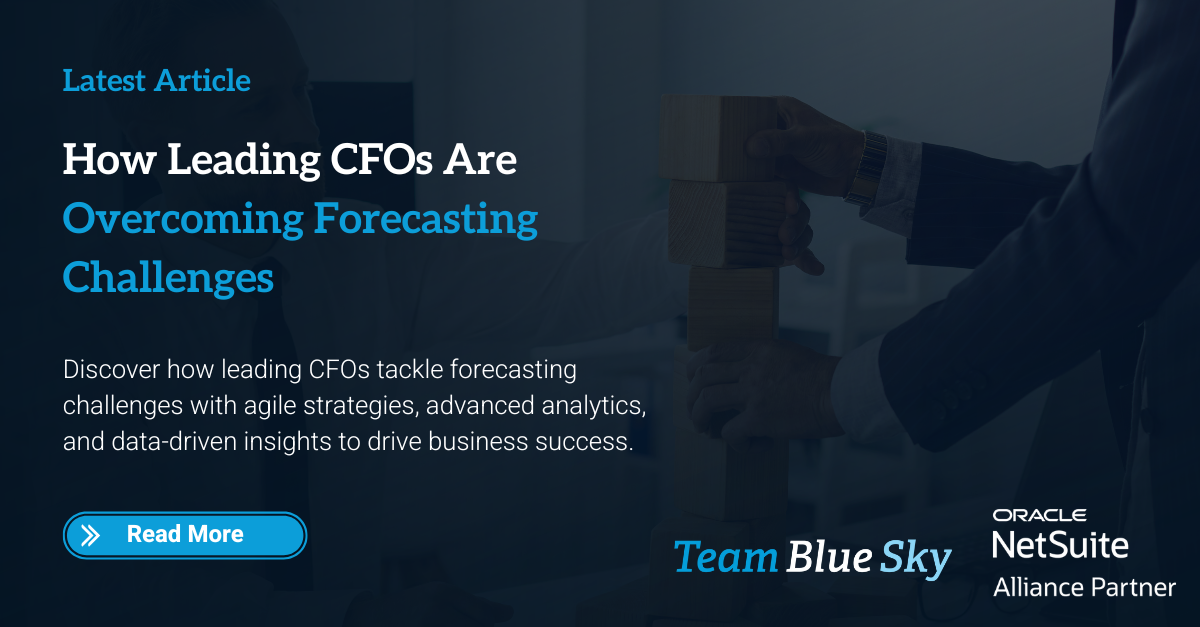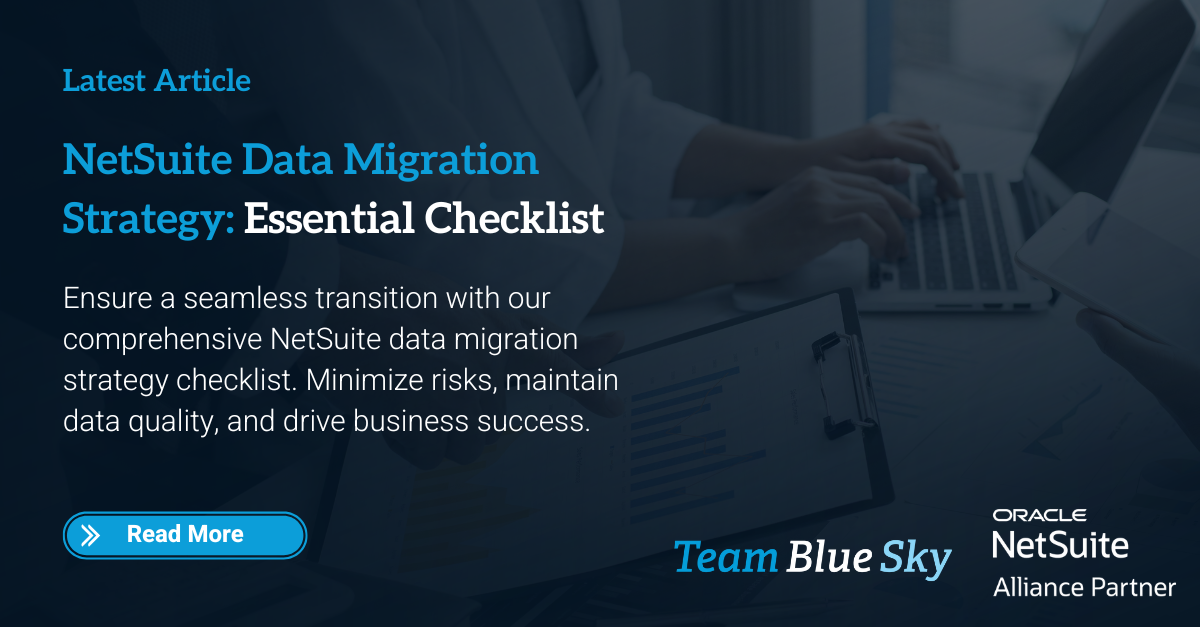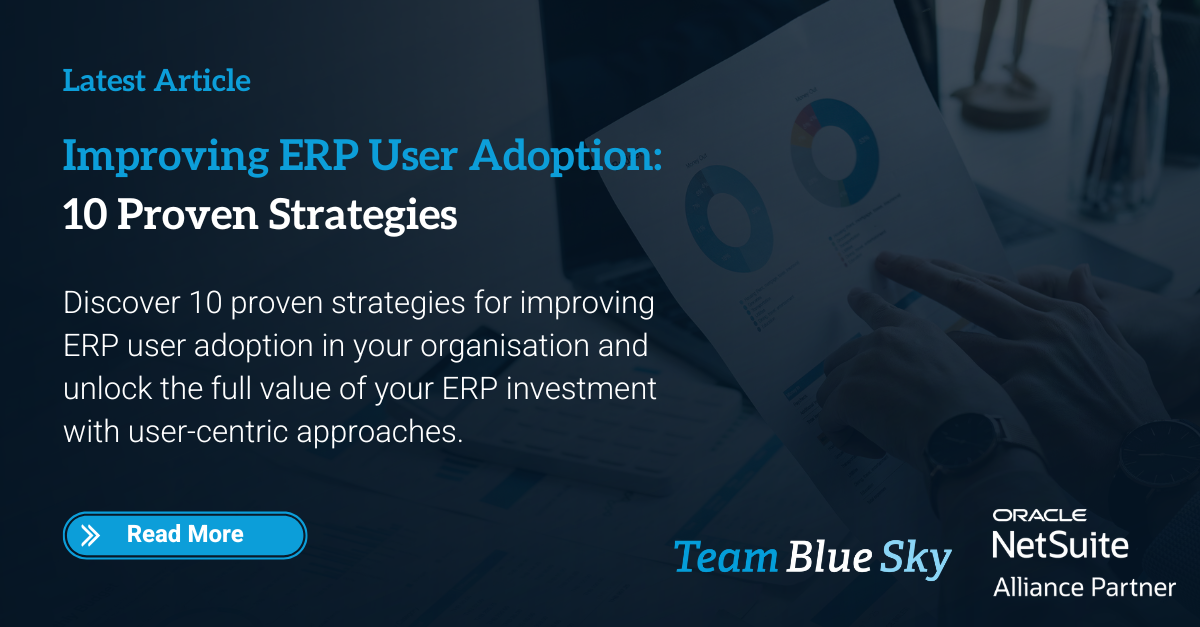Major Changes to Annualised Salary Reporting are Now In Effect. (Are You Ready?)
Are you compliant?
From the 1st March, 2021 employers face harsh penalties for failing to comply with annualised wage agreements across 18 different awards including:
- Banking, Finance and Insurance Award
- Broadcasting Award
- Clerks Award
- Contract Call Centres Award
- Hydrocarbons Industry (Upstream) Award
- Legal Award
- Local Government Award
- Manufacturing Award
- Mining Award
- Oil Refining and Manufacturing Award
- Pharmacy Award
- Rail Award
- Salt Award
- Telecommunications Award
- Water Award
- Wool Award
What’s changing?
Employers are obligated to undertake an annual reconciliation of their entire workforce’s annualised wage agreement and must ensure that the total payments made to an employee are at minimum aligned with what they would have earned under the modern award.
These new rules mean most employers will need to significantly improve their payroll record keeping, including time sheets, overtime, meal breaks and other allowances in order to be able to report back to the Fair Work Commission and prove employees have been remunerated correctly and that there are no underpayments.
One of the biggest risk factors for businesses is that many assume they do not have employees covered by an award, due to other agreements being in place or employee’s job titles and descriptions are not obviously linked to a standard award. An example of this is payroll officers and marketing coordinators, who despite a different role title are covered under the Clerks Award. .
What do you need to do?
Firstly, business owners need to document their teams and their roles, and find out which award each would fall into under a non enterprise agreement. From there, employers need to review each award and classification and summarise the total annual remuneration, including penalties and allowances and calculate the annual salary that would be paid if the employee was officially covered by that award.
If the employees total annual payments are less than this figure, underpayments need to be rectified along with their enterprise award agreement moving forward.
I am applying the “Better Off Overall Test (BOOT)”. Isn’t that enough?
Not always. Whether it’s incorrect classification, not keeping up with award changes, or that an employee’s role has changed, but not necessarily increased their salary, many employees are in breach of these new rules.
The BOOT test is designed to provide a simple mechanism to assess compliance of an enterprise agreement. However, when incorrect assumptions are made, the results of this test aren’t always correct, and the onus is on the employer to get it right. In addition to this, some payments, such as bonuses and incentives don’t always fall under the classification of base remuneration as per the guidelines of the FWC.
In most cases, the only factors that contribute to the calculation are standard wages, allowances, overtime, penalty rates and leave loading.
What are my obligations as an employer?
Under the new directives, employers are required to keep detailed records of time and attendance and all payments made regardless of classification in order to be able to provide an annualised figure for comparison to respective awards. Failure to do so will lead to both underpayments needing to be rectified and fines for non compliance.
This means many employers need to amend their employment agreements to at minimum include:
- Annual base wage or salary.
- Specific reference to the award that would be valid under a non enterprise agreement.
- Detailed information about entitlements under that award.
- How the annual wage has been calculated and summarised.
- The maximum amount over overtime an employee can work in a specific cycle or pay period before additional payments need to be made.
In addition to this, employers also need to keep much more detailed records of time and attendance including:
- Start and finish times.
- Days worked.
- Paid and unpaid breaks.
- Sign off of these records from the employee at the end of each pay cycle.
How are businesses ensuring compliance?
These changes have made many businesses reassess their time and attendance processes, and in cases where ‘paper’ methods are in use, evaluate technology options to help streamline the capturing of this information and systemise the calculation of payments.
Many businesses are also seeking to outsource their payroll processes as they may not have adequate internal resources to be fully confident that they are, and will continue to remain in control of record keeping, payroll reviews and annualised salary compliance.
The way forward
TeamBlueSky is working with leading time and attendance solution providers as well as a wide range of payroll processing softwares. We offer clients an turnkey outsourced payroll service and take responsibility for all aspects of time sheet processing, payment calculations, payroll processing and employee payments as well as ensuring that the correct information is collected in each pay period. We also compare actual payments to the correct award comparison to ensure that employees are getting paid in line with the Fair Work Commission guidelines and underpayments do not add up causing significant financial burden in the future.
If you are interested in learning more about Annualised Salary Reporting, and how our team can help you ensure compliance, reach out to us for an obligation free discussion.

Henry Sack
General Manager

With over 12 years of experience as a NetSuite implementation consultant, Henry Sack leads TeamBlueSky’s team of NetSuite and accounting experts in his role of General Manager.
TeamBlueSky is a leading Australian
NetSuite Alliance Partner whose mission is to provide critical
NetSuite BPO and
Payroll services to NetSuite clients who are wanting to simplify their
back office processes and partner with a leading
NetSuite administration expert.
TeamBlueSky have also partnered with global Suite Developer Network partners to offer local solutioning, implementation and support services for global NetSuite SuiteApps.


